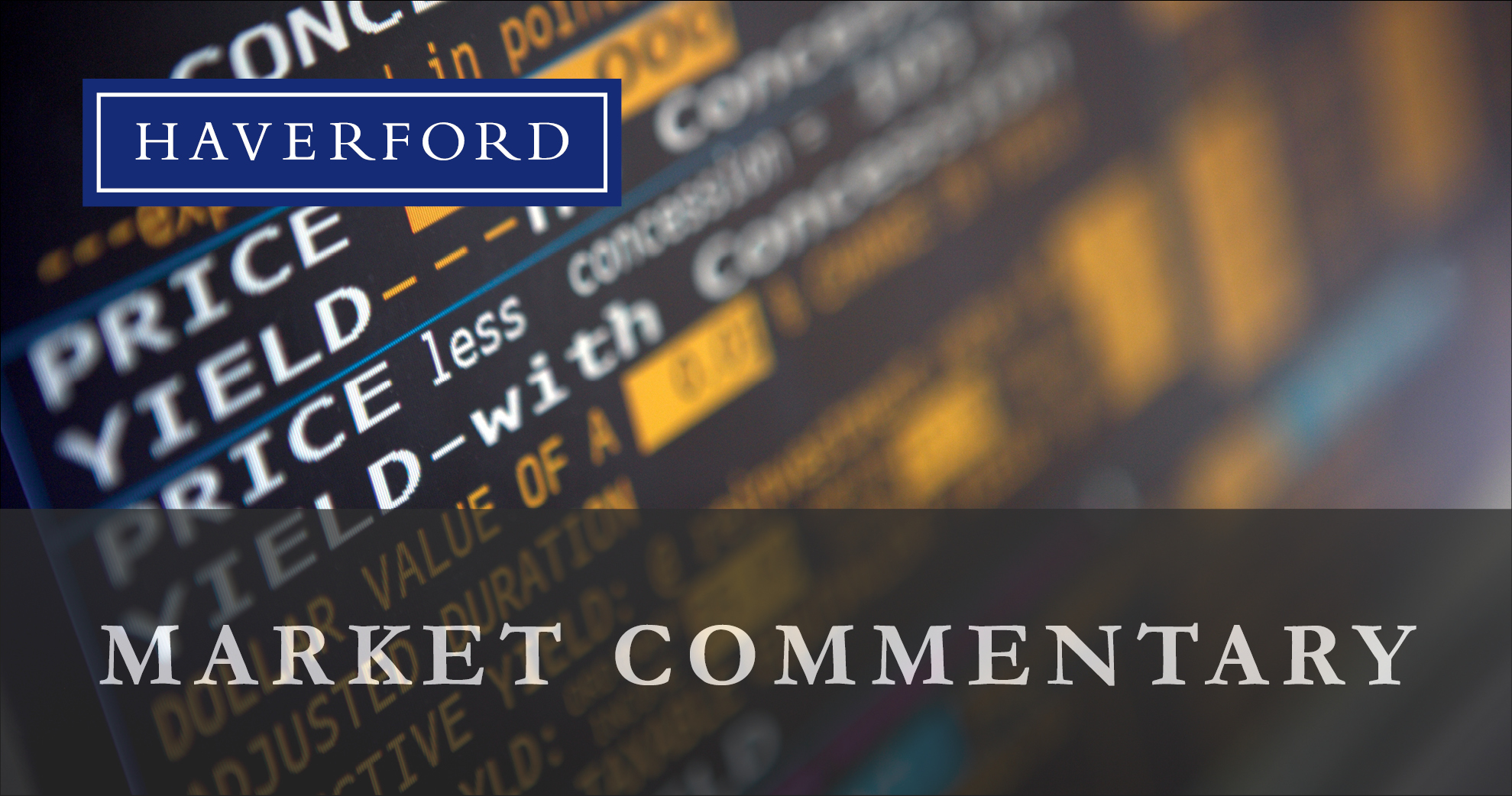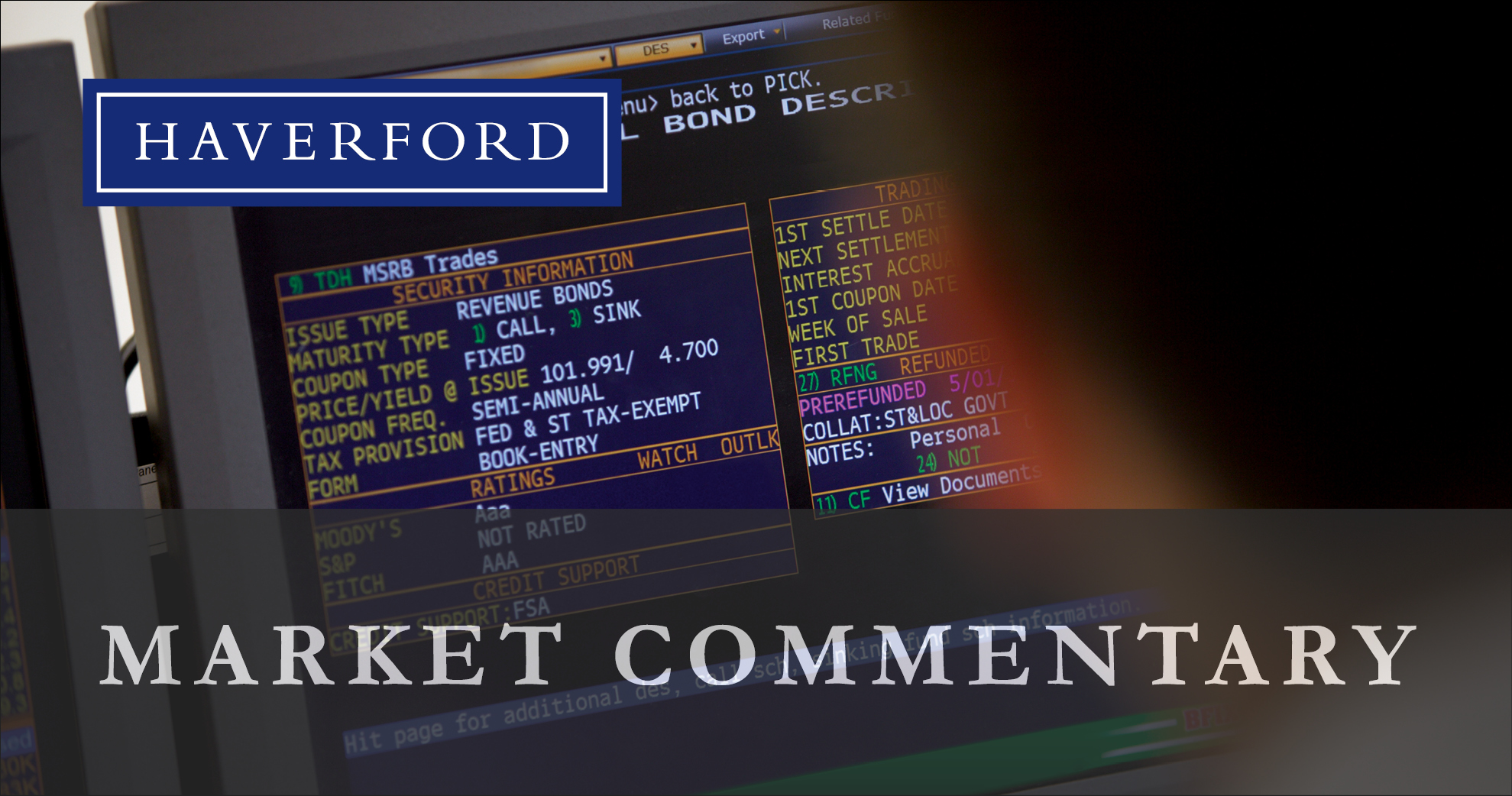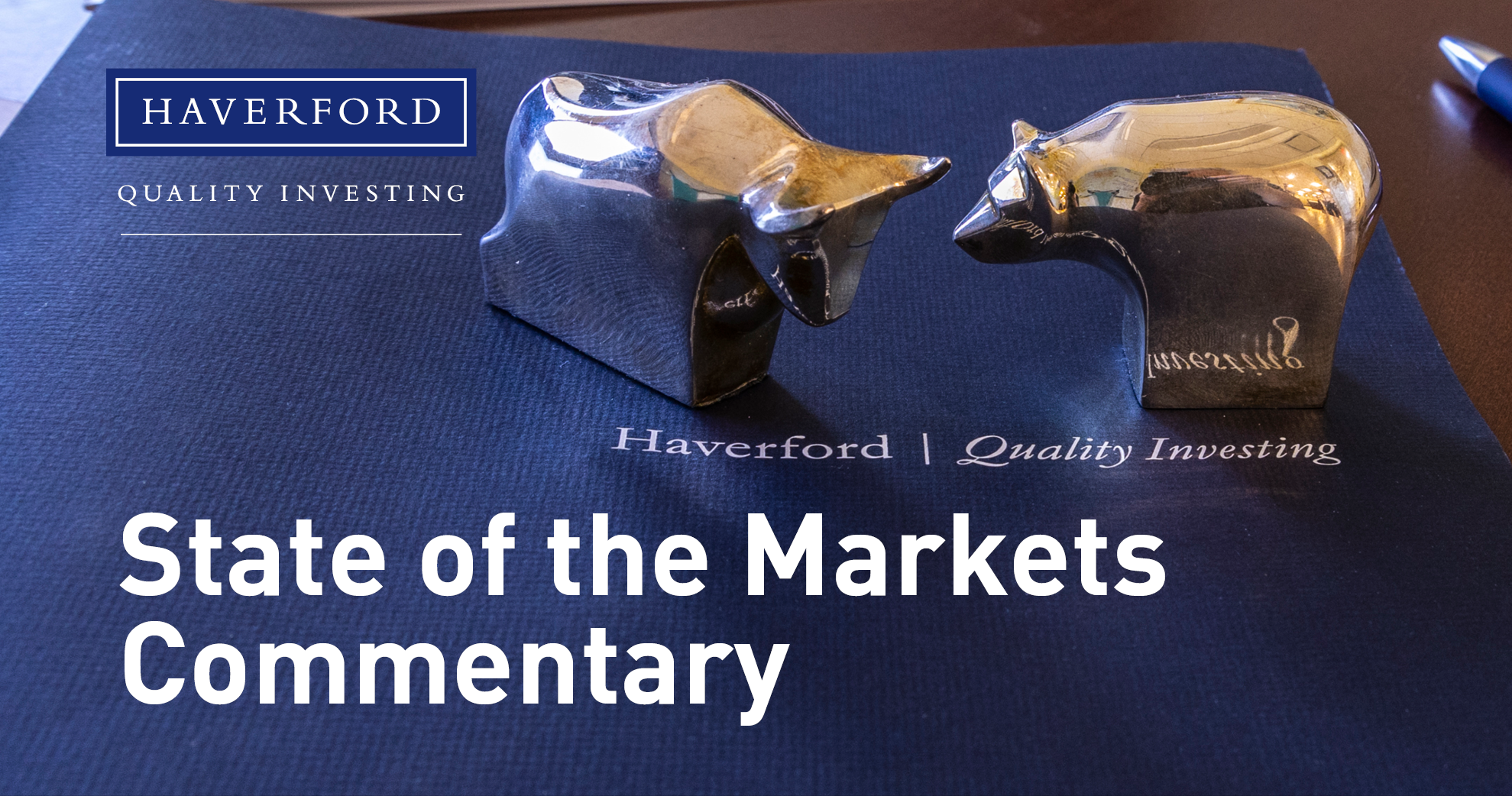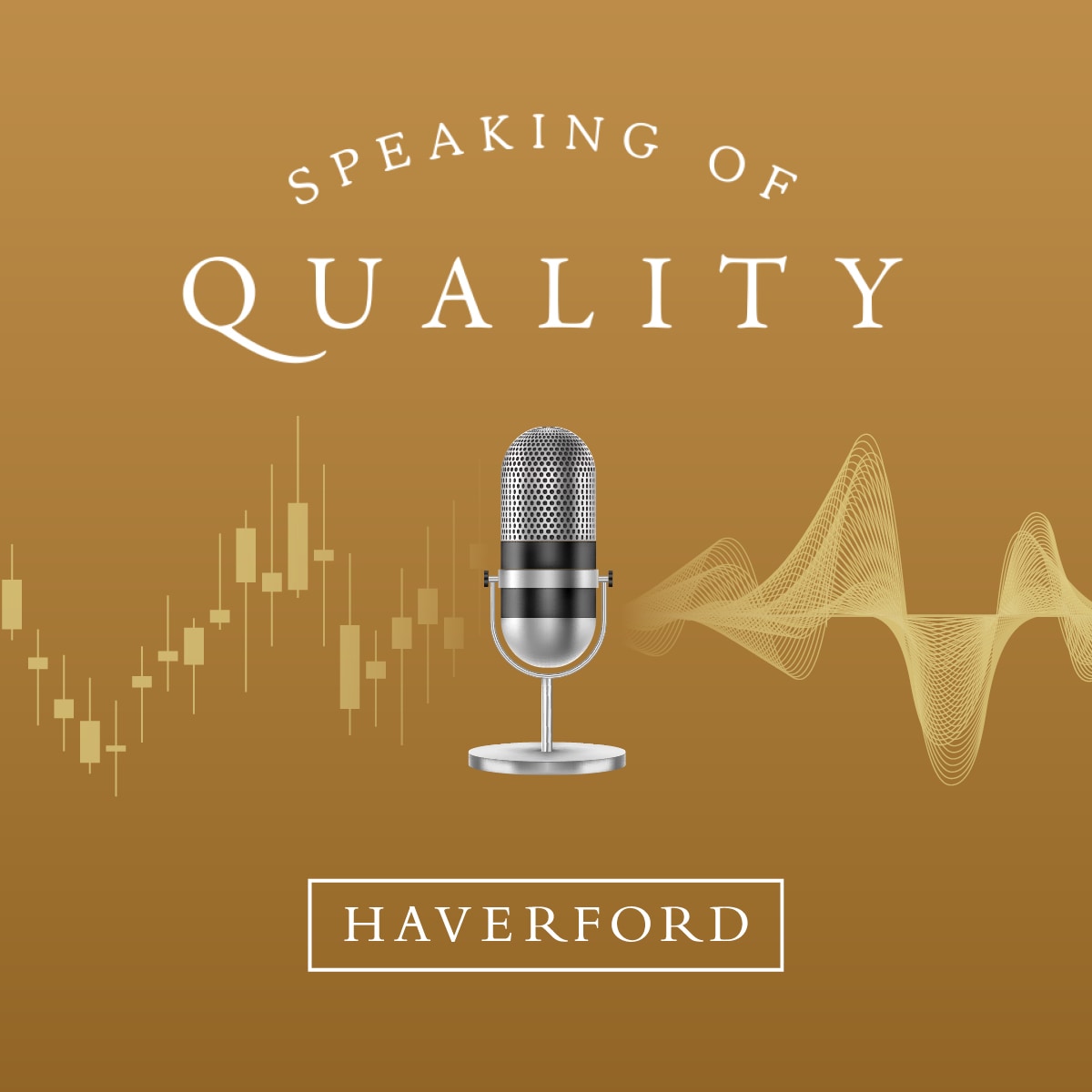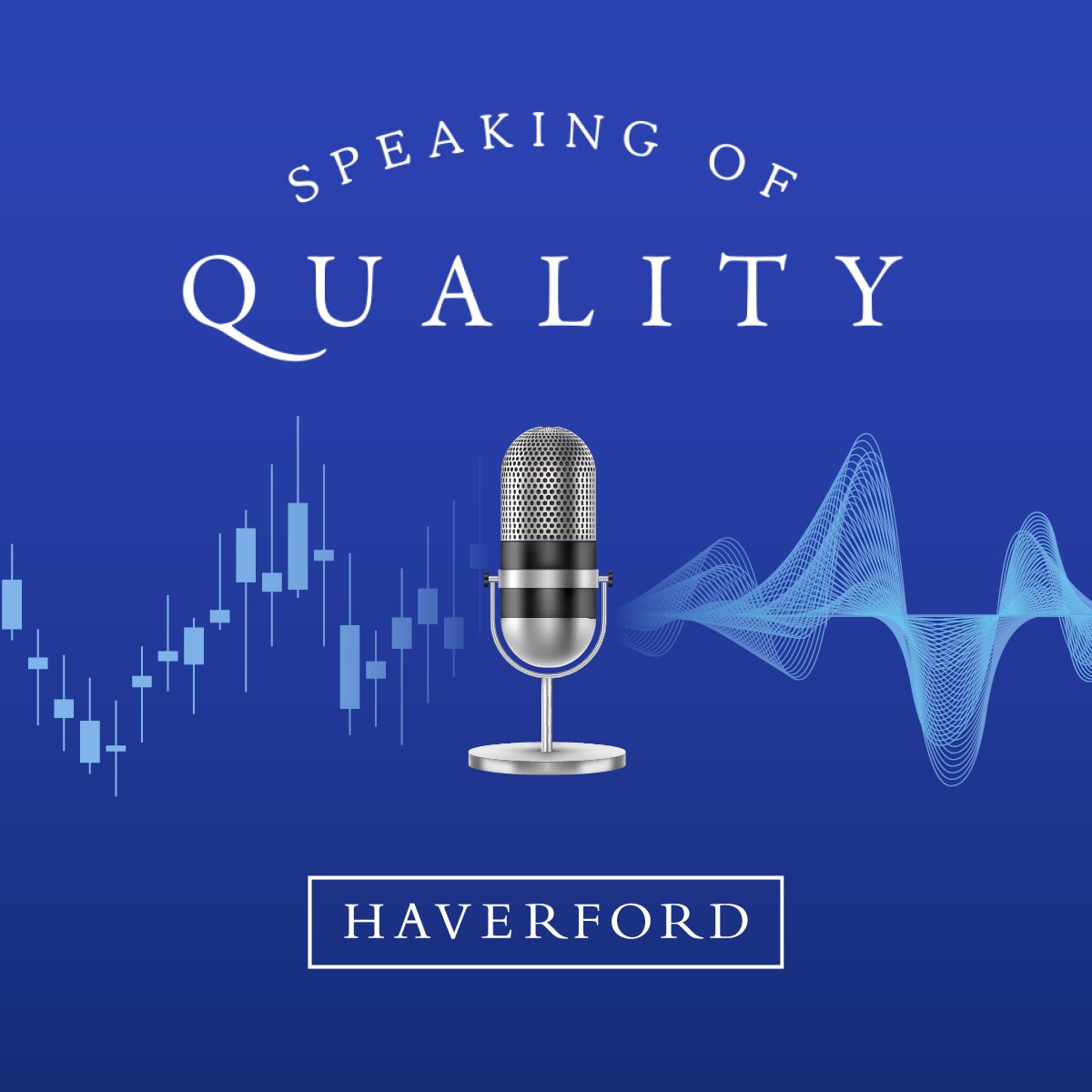Recent News and Insights
Market Commentary: April 17, 2025
The top corporate brands in the world are a who’s who of multinational corporations with loyal customers built across years of successful innovation and customer service. Warren Buffet compares a strong brand to a moat around the business, keeping rivals at bay.
Haverford State of the Markets Commentary
On April 7, 2025, we hosted a call to address our clients' frequently asked questions as we navigate through the volatile market and uncertain economic landscape. Read a recap of the conversation below. Market Effects The aggressive tariff policies implemented by the Trump administration have caused significant concern among investors and economists. Announced tariffs [...]
One hundred days into the Trump administration many investors are feeling bruised and battered. Those hoping for a focus on regulatory rollback and tax reforms have instead endured the upending of trade policy and verbal barbs aimed at the Federal Reserve Chair.
The top corporate brands in the world are a who’s who of multinational corporations with loyal customers built across years of successful innovation and customer service. Warren Buffet compares a strong brand to a moat around the business, keeping rivals at bay.
